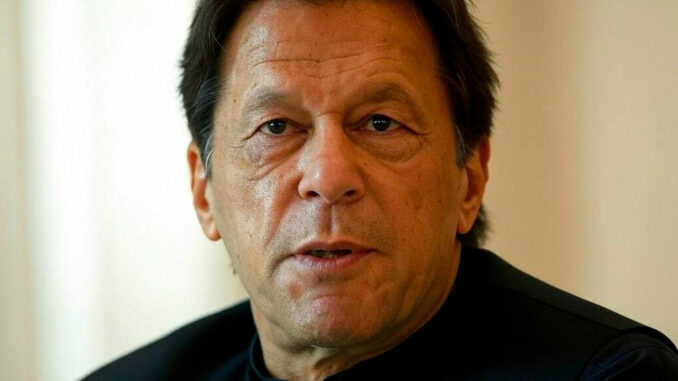
Analysis of Pakistan’s political turmoil, Imran Khan’s enduring influence, and the military’s struggle to contain public dissent.
Imran Khan, Pakistan’s former prime minister, remains a potent political force despite being jailed. His party, Pakistan Tehreek-e-Insaf (PTI), has galvanized public support amid growing economic discontent and accusations of authoritarianism. The government’s efforts to suppress dissent, coupled with economic challenges and security concerns, reflect Pakistan’s most significant legitimacy crisis in decades.
The enduring popularity of Imran Khan
Imran Khan’s appeal persists, even behind bars. Despite facing over 100 legal charges ranging from corruption to terrorism, Khan has mobilized more than 10,000 supporters to march on Islamabad as recently as November. His continued ability to command public loyalty demonstrates his influence and underlines his role as a key figure in Pakistani politics.
Khan’s status as a “martyr” resonates with many Pakistanis who feel disenfranchised by years of economic instability. Inflation peaked at 38% in 2023, severely impacting purchasing power. Despite recent improvements, including inflation falling to 4.9% and foreign reserves reaching $12 billion, public dissatisfaction remains widespread.
The PTI-led protests highlight a growing divide between the military-backed government and a population increasingly critical of political and economic mismanagement. Analysts suggest Khan’s popularity stems from his ability to articulate public grievances and challenge entrenched power structures, particularly the military’s influence.
Economic recovery or temporary reprieve?
The Sharif administration has emphasized its economic achievements, including securing a $7 billion IMF package and fostering a stock market rally. Yet, these improvements may only provide short-term relief. Pakistan’s debt burden, coupled with limited foreign investment, threatens long-term stability.
The crackdown on Khan and his supporters, including the detention of 1,900 individuals under anti-terrorism laws, has also raised concerns among foreign investors. Restrictions on social media and internet shutdowns, like Pakistan’s ban on X (formerly Twitter), have disrupted businesses reliant on digital platforms. A prolonged stifling of digital freedoms could deter foreign companies, compounding the country’s economic challenges.

Political and military dynamics
The military’s role in Pakistan’s governance has come under intense scrutiny. The recent protests marked one of the most severe legitimacy crises for the armed forces since the 1971 civil war that led to Bangladesh’s independence. Clashes between PTI supporters and security forces resulted in at least five deaths and injuries to over 70 officers, according to official sources.
This heavy-handed response reflects the military’s struggle to maintain authority amid rising dissent. The government’s suggestion to ban the PTI and amend laws to criminalize “fake news” further underscores its focus on controlling the narrative. However, such measures risk backfiring, alienating the public and international observers concerned with democratic backsliding.
Broader implications for democracy and governance
The handling of Khan’s movement has broader implications for Pakistan’s democratic framework. Analysts highlight that the suppression of dissent erodes public trust in institutions. The perception of a “state-captured” judiciary and media only deepens the divide between the government and its citizens.
Moreover, security concerns in Khyber Pakhtunkhwa, a PTI stronghold with a population of 40 million, add another layer of complexity. The Taliban insurgency in the region underscores the challenges of governance amidst political instability. Any missteps in managing this province could exacerbate existing security threats.
The road ahead
Pakistan’s political and economic future hinges on addressing systemic issues. Short-term fixes, such as securing IMF funds, will not resolve underlying governance challenges or public dissatisfaction. A sustainable solution requires balancing political freedoms with economic reforms.
Imran Khan’s enduring influence remains a testament to the power of public discontent. How Pakistan’s government and military address this challenge will shape the nation’s trajectory in the coming years.
War Wings Daily is an independant magazine.